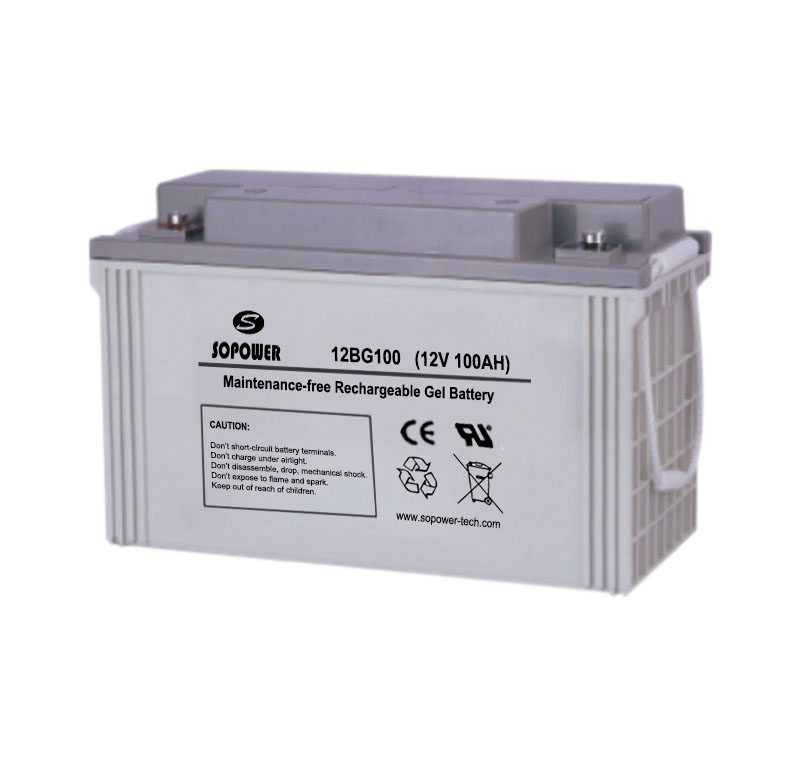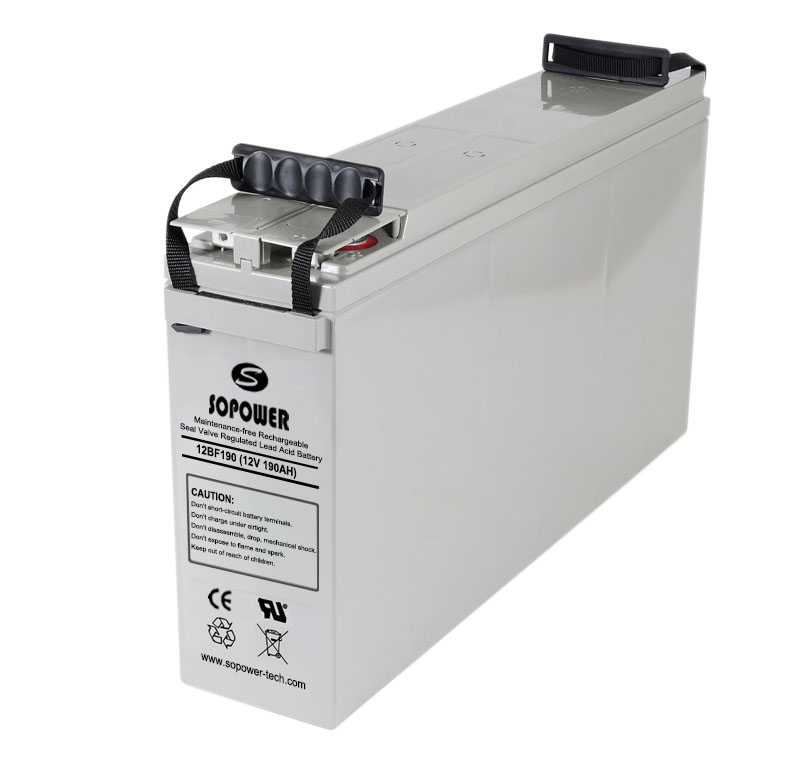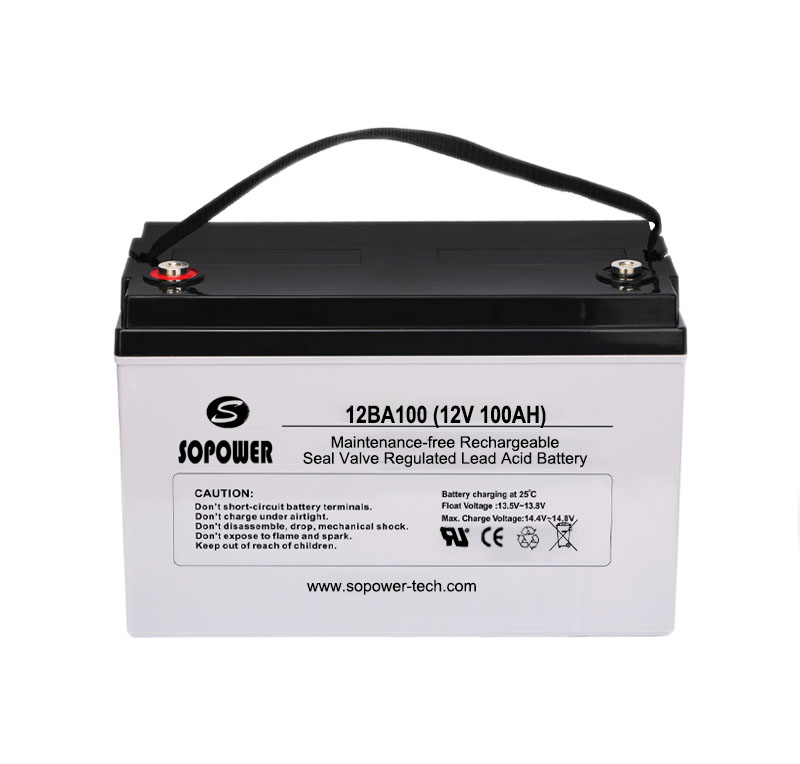Source: PV-Tech Date: October 21st, 2019

In January, the U.K. Department for Business, Energy and Industrial Strategy opened consultation on its solar-plus-storage proposals. To date, systems with a capacity bigger than 50 MW are classed Nationally Significant Infrastructure Projects.
The U.K. Department for Business, Energy and Industrial Strategy (BEIS) has signalled a change in its position on grid scale storage project permitting.
Installations with a capacity of more than 50 MW are consideredNationally Significant Infrastructure Projects (NSIP), a classification which involves a costly and time-consuming planning and permitting regime. The government in January consulted on how to streamline permitting for solar-plus-storage projects. The department said its preferred option would be to retain the status quo for standalone large scale energy projects and raise the capacity threshold for classing solar-plus-storage schemes nationally significant.
Some 76% of respondents disagreed with the proposal to retain the storage project threshold. According to the BEIS consultation report, several respondents reported projects “where more land and a larger grid connection were available but the developer chose to cap the project at 49.9 MW to avoid the NSIP regime”.
New consultation
The department has now tabled a new course of action and is again asking for responses. The government is considering exempting storage systems – except pumped hydro – from the 50 MW nationally significant threshold. Such an exemption would put storage systems under the Town and Country Planning Act 1990. Other energy projects, such as solar plants, would continue to operate under the 50 MW cap. The latest consultation exercise is open for responses until December 10.
The change of heart was welcomed by industry organization the Solar Trade Association. “We are pleased to see that the government has taken our feedback on board,” chief executive Chris Hewett said. “This is a promising step forward for enabling energy storage to be connected more swiftly and giving local communities a stronger voice in determining which developments are right for them. Energy storage is safe, low-impact and essential for delivering on the U.K.’s legally binding net zero commitments.”
Storage proved its indispensability to grid resilience when a blackout hit large parts of London and England’s South East. Statera and RES claimed their respective 100 MW and 80 MW storage assets substituted for lost frequency and averted a more extensive incident.











